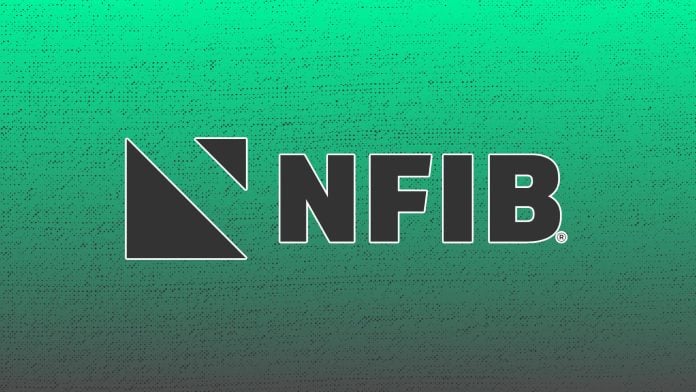In a striking case that underscores the importance of ethical responsibility in leveraging government relief funds, Bryan Ochoa Diaz, the owner of Casa Colima in Vancouver, Washington, has pleaded guilty to money laundering involving COVID-19 relief money. This situation holds critical lessons for small business owners navigating the complexities of federal loans and financial aid programs.
Ochoa Diaz, 32, applied for a $350,000 loan from the U.S. Small Business Administration (SBA) intended to provide working capital for his family-owned restaurant. The program aimed to alleviate the economic strain caused by the pandemic, offering much-needed support to businesses like his. To qualify, stringent regulations dictated that these funds could not be used for personal expenses and should solely aid in business recovery efforts.
However, the day after receiving the loan on August 16, 2021, Ochoa Diaz transferred $100,000 from the restaurant’s account into his parents’ personal bank account, subsequently using those funds towards their mortgage. This misappropriation has led to serious legal repercussions, highlighting the critical necessity for small businesses to understand the stipulations tied to financial support during crises.
Statements from law enforcement indicate that Ochoa Diaz’s actions were not just a breach of trust but also a clear violation of the intended purpose of the federal aid program. "Funds meant to stabilize businesses during a national emergency cannot be rerouted to personal accounts," emphasized Chris Cardani, an Assistant U.S. Attorney involved in the case. “This verdict is a reminder of the importance of compliance in all business practices, especially in times of crisis.”
For small business owners, the implications of this case extend far beyond legal consequences; they also touch on the ethical obligations that come with receiving government aid. Mismanaging funds can result in severe penalties, including fines and imprisonment, as Ochoa Diaz now faces up to ten years in prison and a $250,000 fine. On top of that, he has already paid full restitution to the SBA, which serves as a warning that such infractions can burden businesses financially and reputationally.
Practically, this case illustrates the importance of developing clear internal policies for managing funds received from federal assistance. Business owners should ensure that employees understand the limitations of these funds and adhere strictly to their intended purpose. Regular audits may help ensure funds are used appropriately, thereby avoiding potential issues with compliance.
Additionally, small business owners should be aware of their industry’s specific regulations and requirements related to COVID-19 relief funds. Many industry-specific organizations and the SBA provide resources to help business owners navigate these programs more effectively. Engaging with these resources can provide clarity and support, promoting a culture of ethical business practices.
Furthermore, fraud reporting lines have been established to assist in identifying and remedying potential fraudulent activities related to COVID-19 financial assistance. Business owners are encouraged to be vigilant and report any suspicious activities they might observe within their organizations or the broader community.
This case serves as both a cautionary tale and an educational opportunity. As small businesses continue to recover from the pandemic, maintaining the integrity of the financial support systems is essential for long-term success. By ensuring compliance with funding guidelines and fostering a responsible approach to financial management, small business owners can safeguard their enterprises from potential legal challenges.
The closing date for sentencing of Ochoa Diaz is set for December 15, 2025, marking a significant moment for both him and the affected community. For further details on this case and related inquiries, please visit the original U.S. Department of Justice press release here.
In summary, small business owners must take these lessons to heart. Adhering to stringent guidelines and maintaining ethical practices is not just legal compliance; it is a fundamental part of ensuring the longevity and integrity of their businesses in challenging times.
Image Via BizSugar



